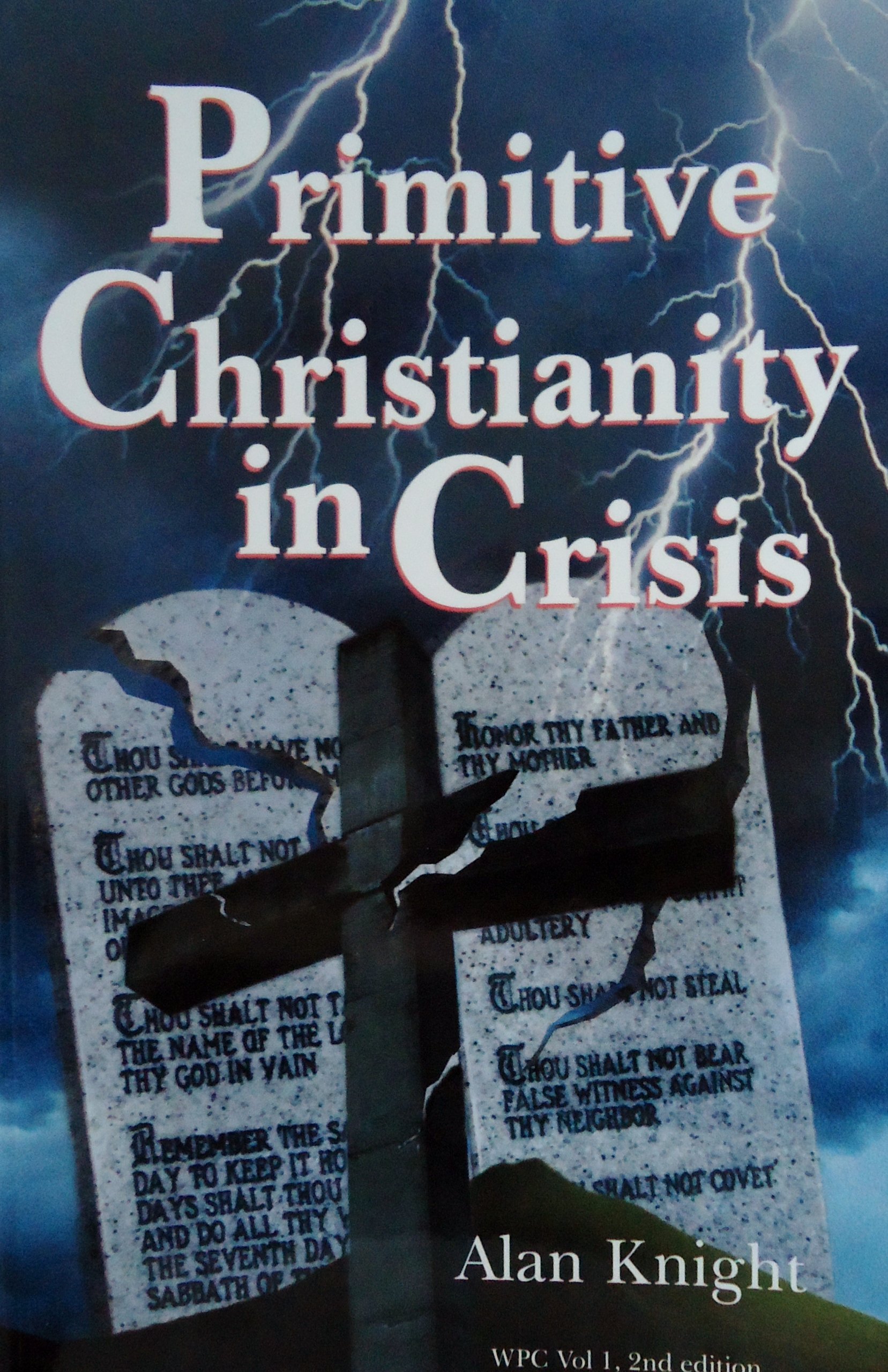This was not quite the book I was expecting. I read it because it was recommended as a good study of gnosticism, its history, and its effect on Christianity. And indeed, the first third of the book is exactly that. In fact, Knight does such a good job of laying out the various concepts of gnosticism that he makes it seem easy to understand. In that, I suppose, is a problem insofar as at times, he seemed to be simplifying things or writing things as if they were facts when in reality some of the ideas are, from my other reading, in most people's mind under dispute.
Knight starts off the book with an anecdote about Nicolas, of Acts 6:5, the supposed founder of the Nicolaitans. The story is one I'd read before, how he was so full of zeal with regard to showing that the pleasures of this world mean nothing that he offered his wife up to others. The idea--that material things do not matter--becomes so twisted that it actually ends up being the source of both aestheticism (denying one's self) and of lasciviousness (giving into all pleasure). This is the heart of gnosticism.
But the story isn't quite as simple as that. While I believe Knight to be right in his summary of what Nicolaitanism is, others claim that it has to do with hierarchical rulership in the church. Still others would dispute the idea that Nicolas of Acts 6:5 was the founder of the sect--indeed, it is quite possible that the sect simply borrowed the name or that some other Nicolas founded it. Even the story about Nicolas offering his wife is one that some dispute. But little of these other ideas arise in Knight's book. Hence, while the book is easily approachable, I found myself a bit concerned that the simplicity also perhaps hid the fact that Knight's own version of various gnostic sects is not one that is widely accepted by scholars. This made me a bit leery, even as I greatly enjoyed reading such a finely crafted summary of the various sects.
The anecdote leads to an exploration of the various Greek philosophies widespread in the first century, their effect of Judaism and paganism, and (eventually) on mainstream (largely Protestant Reformation) Christianity today. The second chapter goes into the beliefs of the various gnostic sects. Knight also discusses gnostic ideas about heaven, angels, God, and the "eighth day"--which came to be revered, as opposed to the Sabbath, as going beyond the material realm. That discussion is a good one for understanding the philosophical underpinnings for much of the replacement of the Sabbath with Sunday, as opposed to the historical context provided elsewhere, as in Samuel Bacchiocci's From Sabbath to Sunday, which only touches on "eighth day" thinking.
Another thing Knight comments on a lot is the move toward a belief in the immortality of the soul, which made its way into Platonic philosophy through the Pythagorean philosophers. Knight claims that this belief is rooted in a "reformation" of sorts that happened in pagan religion around 700 B.C., wherein most religions came to have this idea. This is something that I need to read more about and that also made me wonder to an extent about his accuracy. Most scholars of religion and the Roman world that I've read claim that the concept of the immortality of the soul was not widespread in the first century, that in fact, unless you were a noble or king, you likely did not have much hope beyond this life. A king, by contrast, supposedly had some vague promise of some kind of afterlife, but this idea was not well defined. To be sure, the concept of the immortality of the soul can be found in Egypt hundreds of years earlier, and Plato and the Pythagoreans certainly adopted the idea, but how widespread it was beyond certain philosophers I'm uncertain of, given what others have written on the subject.
After the first section, Knight turns to gnosticism's effect and influence on contemporary Christianity and even on the Reformation. This was not what I came to this book for, even if his drawing of parallels between gnosticism and concepts like "once saved always saved" is illuminating. Some of the material on the Reformation teachers was particularly interesting, as I had never read much about Calvin's or Luther's actual lives. At the same time, not being one who follows many of the contemporary Protestant preachers, I was at times not as interested. In fact, much of the book in the latter sections seemed to become rather repetitive.
One of the things I really enjoyed about the book were Knight's explications of certain scriptures, particularly of Colossians 2. I've never read as thorough a discussion on that chapter of Paul's letter as Knight gives, and it was well worth the read. And as much as I might belabor the book's possible shortcomings, overall, I found it a good read, especially the first part and in selective parts thereafter.
Tuesday, October 1, 2019
On "Primitive Christianity in Crisis" by Alan Knight ****
Labels:
Alan Knight,
Books,
Early Christianity,
Four-Star Nonfiction,
Nonfiction
Subscribe to:
Post Comments (Atom)







No comments:
Post a Comment